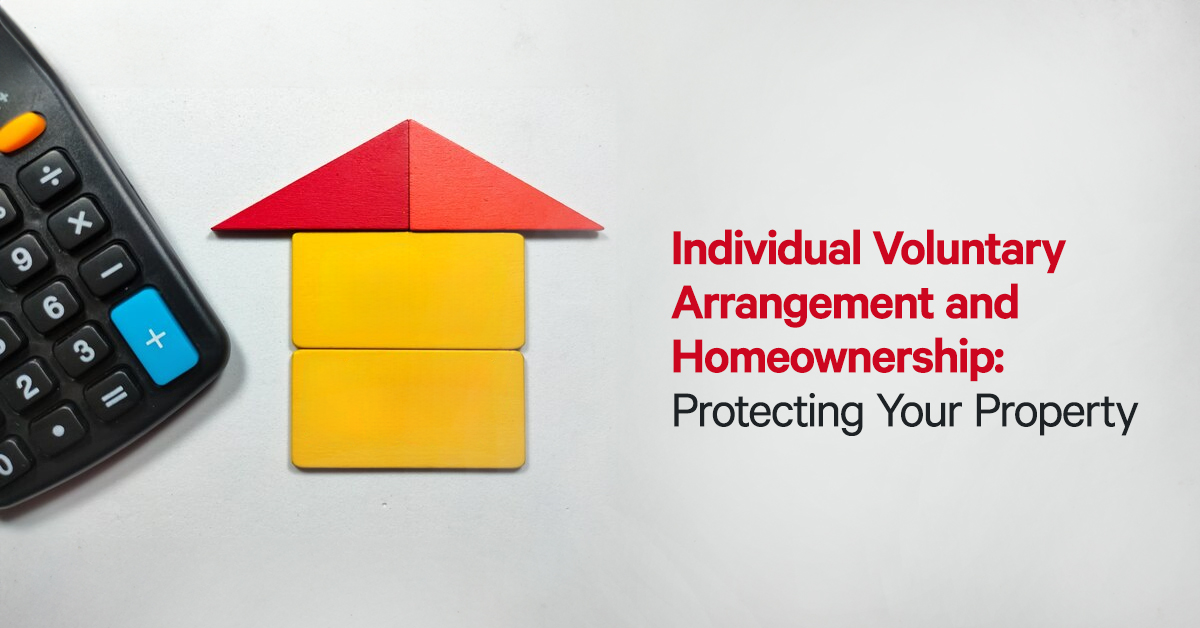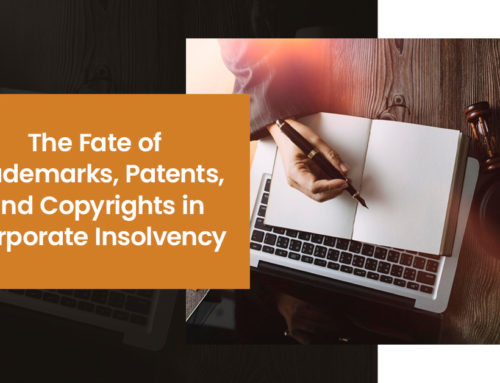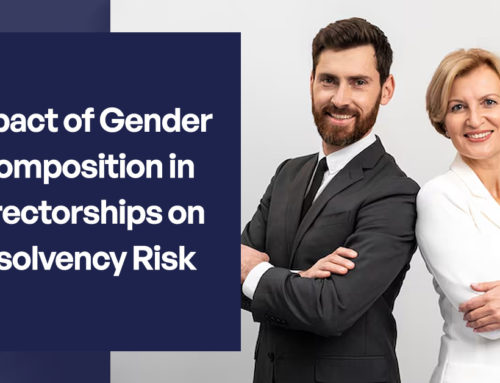There are a number of terms which are thrown around when debt and money trouble are discussed. One of the more common terms is an Individual Voluntary Arrangement (which is usually referred to as an IVA). An IVA is a formal and legally binding agreement which is formed between an individual and their creditors. Its purpose is so that debts can be paid back over a specific period of time, alleviating the pressure of some people who find themselves in debt to various parties. The IVA is approved by the court and it means that both the individual and the creditors need to agree to it and become bound by it.
An IVA can help with debt as it collates debts into one payable sum and also stops creditors from charging interest or chasing you for payment. It is worth noting though that once an IVA is in place, you need to:
- Continue to make the agreed payments without missing any (these payments are usually done monthly)
- Let your IVA know if your income increases or if you get any other money from the date of the IVA being agreed
- Not take out any further credit before you get permission, such as loans
How Will an IVA Affect Your Home?
A common question that gets asked about IVA is whether or not it will impact your home. The answer is that when you put an IVA in place with the court, unlike other forms of bankruptcy where it is common that you might have to sell your property, an IVA protects your home and makes it so that you can continue to pay your rent or mortgage as usual, and more importantly keep living there. The below will discuss in more detail how your property will be treated if you enter into an IVA. There are certain repercussions that an IVA can have on a homeowner and as such it’s important that you become aware of these before entering into one.
Remortgaging
There are a number of factors taken into account when your monthly payment plan is being set up. These all need to be considered when working out how much money you are going to be able to afford to pay every month. One of the factors that will be considered is the value of your property.
Generally speaking, there will need to be a valuation of your property carried out so that a stable independent figure can be assigned to it. This will help in working out whether or not there is a worthwhile amount of equity in your property that should be released. Equity is basically the amount that you would receive from the sale of your property once you have paid off all of the secured loans like mortgages.
If upon valuation there is a meaningful amount of equity there then it might be the case that you are going to need to remortgage your property. In doing this, you will be able to get hold of the cash available and use it to contribute towards your repayments. If there is £5000 or more of equity in your property then it’s likely a remortgaging is going to be required.
Usually, an upper limit will be placed on how much of the remortgaging amount can be used on the repayments. How high this limit is will vary on a case-by-case basis depending on what the size of your original mortgage is and the value of your property. Importantly as well, you might be obliged to remortgage your property but you are never going to be required to sell your property as part of the IVA which the court agrees on.
Are You Able to Keep Your Home Out Of an IVA?
It’s difficult but not impossible. There are some rare cases where you might be able to persuade your creditors to not take into account the value of your property when they are considering how much your IVA payment plan should be. If you are interested in doing this then be sure to speak to your creditors to see if there is anything that can be done. It’s important to keep in mind that this is unlikely though.
What Happens If Your Financial Situation Improves During Your IVA?
If during your IVA there are some significant changes to your financial situation, then these changes need to be reported to the insolvency practitioner who is in charge of your case as a matter of urgency. If it turns out that your situation has changed and you do not notify your insolvency practitioner then this could be met with serious consequences as it is illegal. Changes such as an increase in salary or an injection of cash from elsewhere must be reported and failure to do so could result in a penalty.
Chances are if you find yourself with more money than what you started with when you first entered into an IVA, your payment plan is probably going to be adjusted accordingly. The majority of IVAs will include a windfall clause, which means that if there is a large amount of money introduced (like inheritance or any bonuses received at work) then they can contribute towards the repayments which are currently being made.
Do You Need Help with Your IVAs and House?
If you have entered into an IVA then you are likely cautious about the ramifications of as much. If this sounds like the position that you are in then you should be sure to reach out to some experts who are going to be able to provide you with advice. If you reach out to the likes of Leading UK, our experts will sit down with you to discuss your current situation and what your priorities are. With these in mind, we will be able to set up the best IVA for you and keep your property safe in the process, even if remortgaging is necessary. If you have any questions or require any further information then do not hesitate to get in touch.






